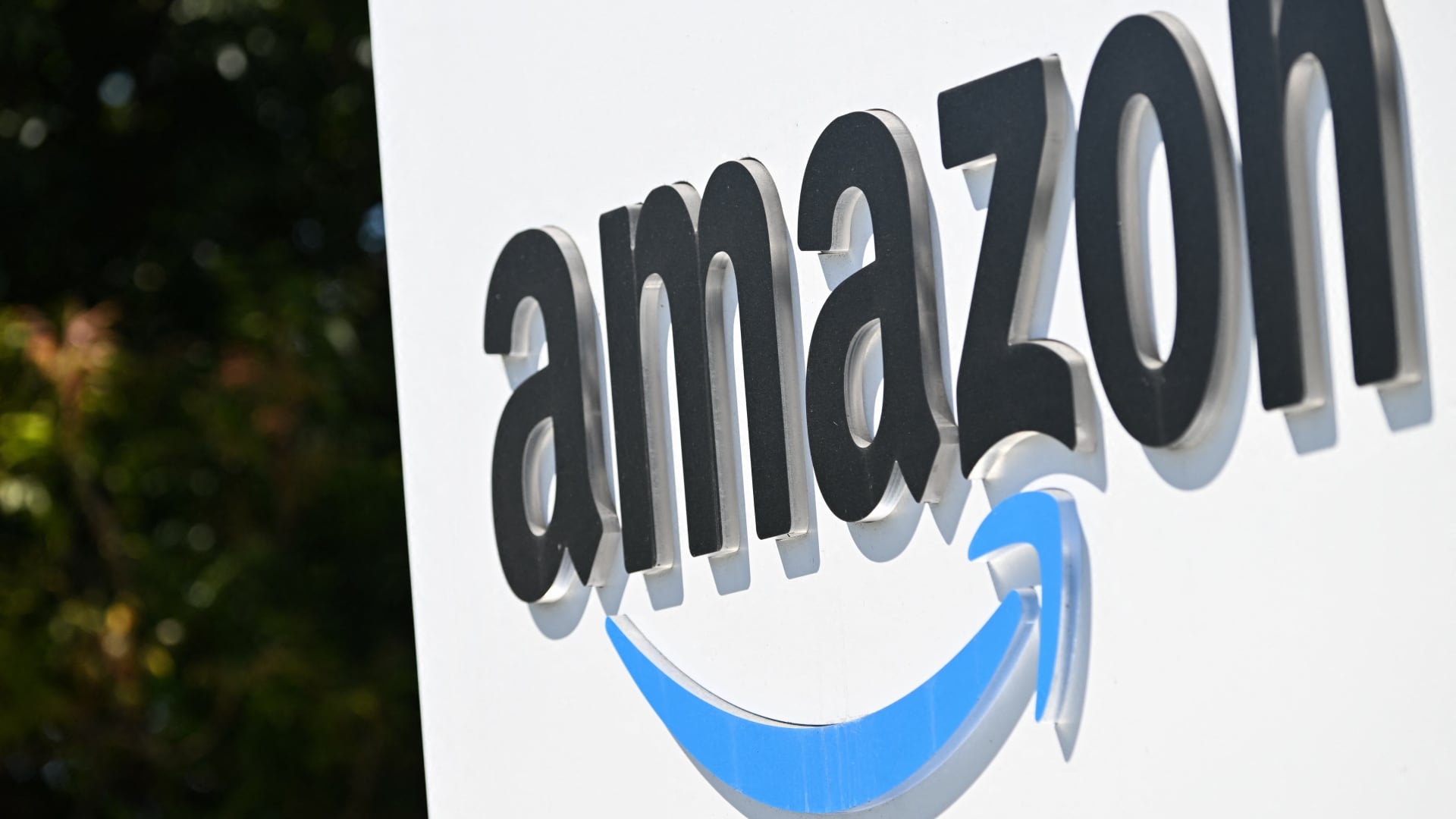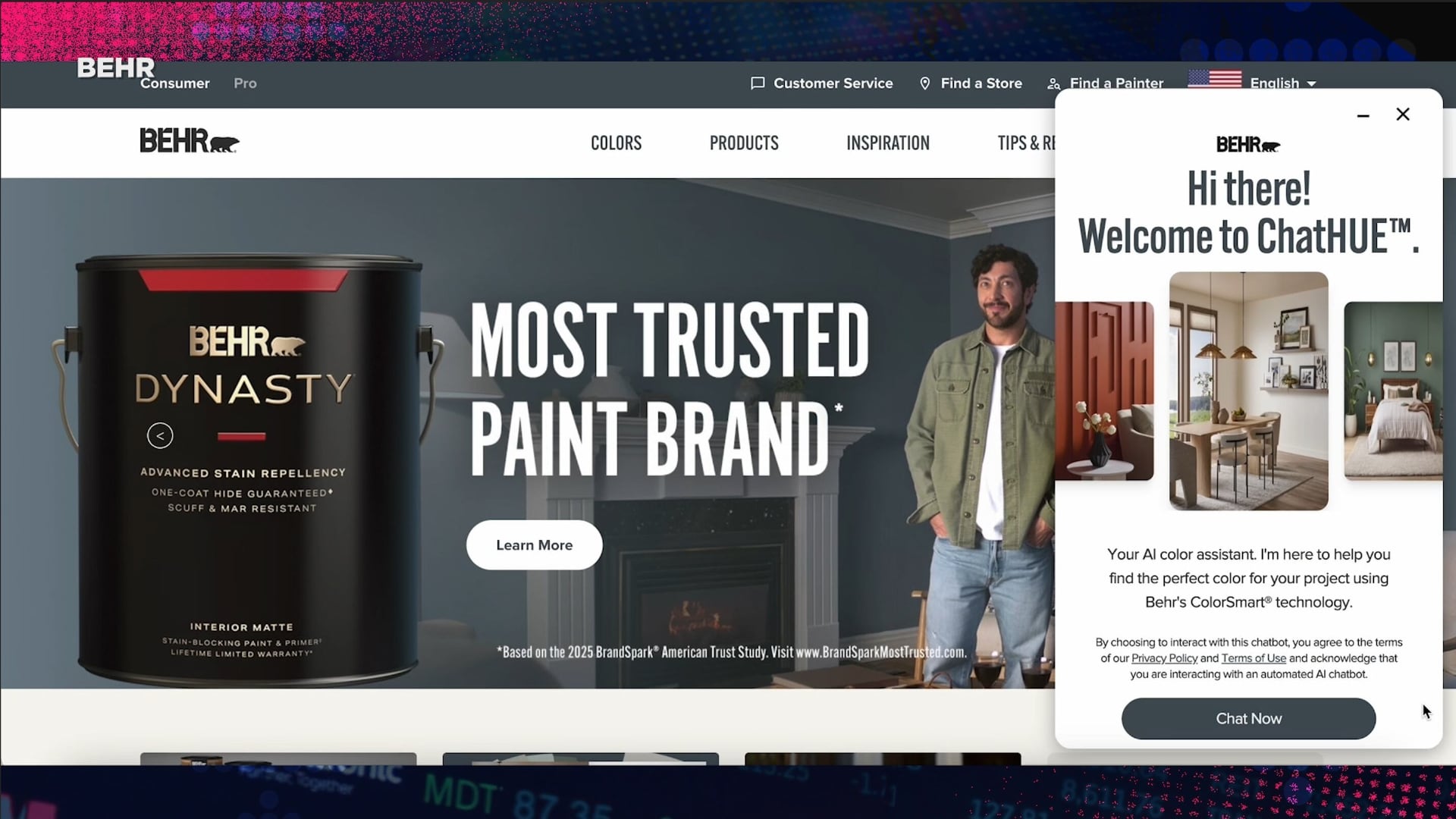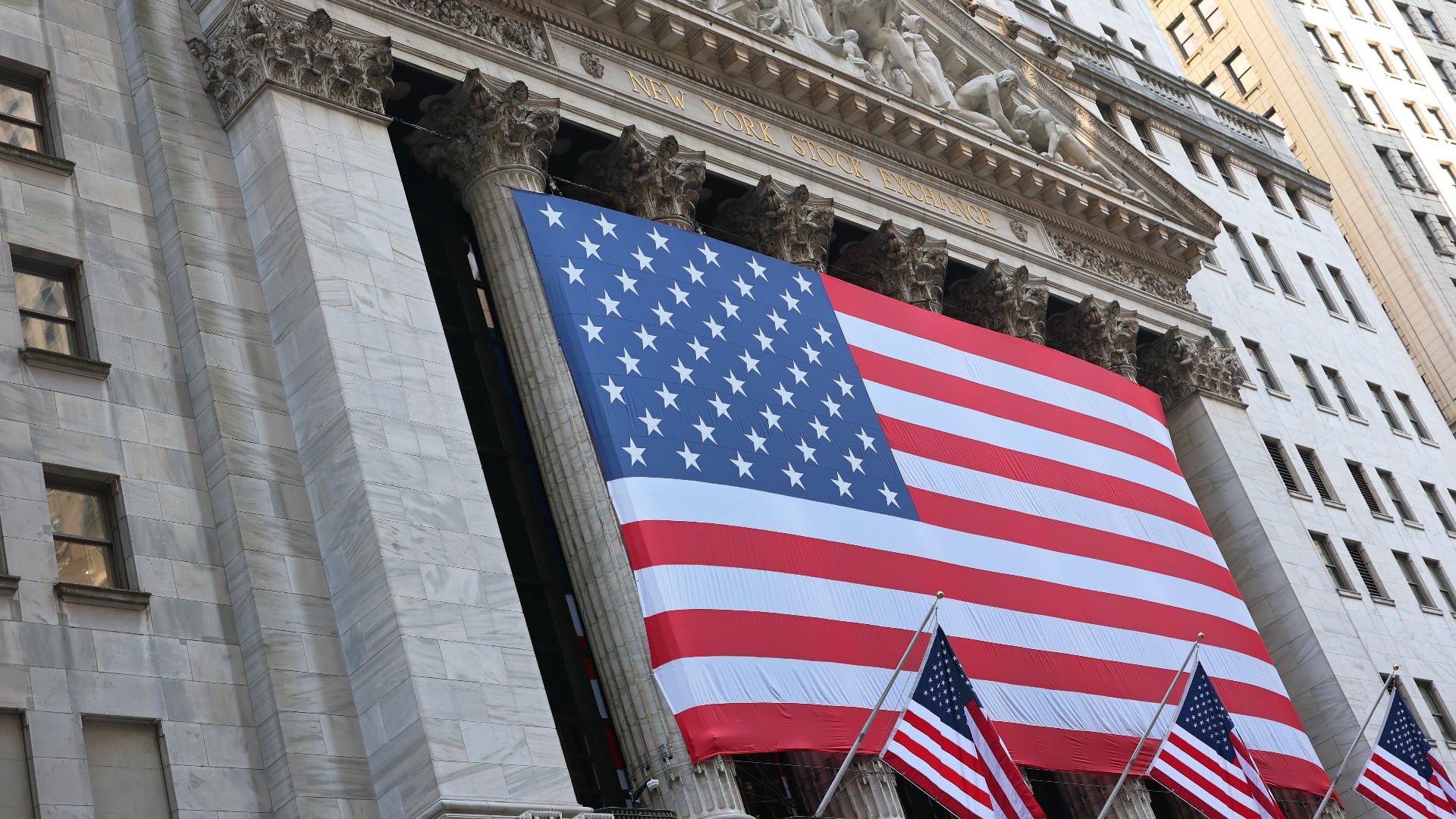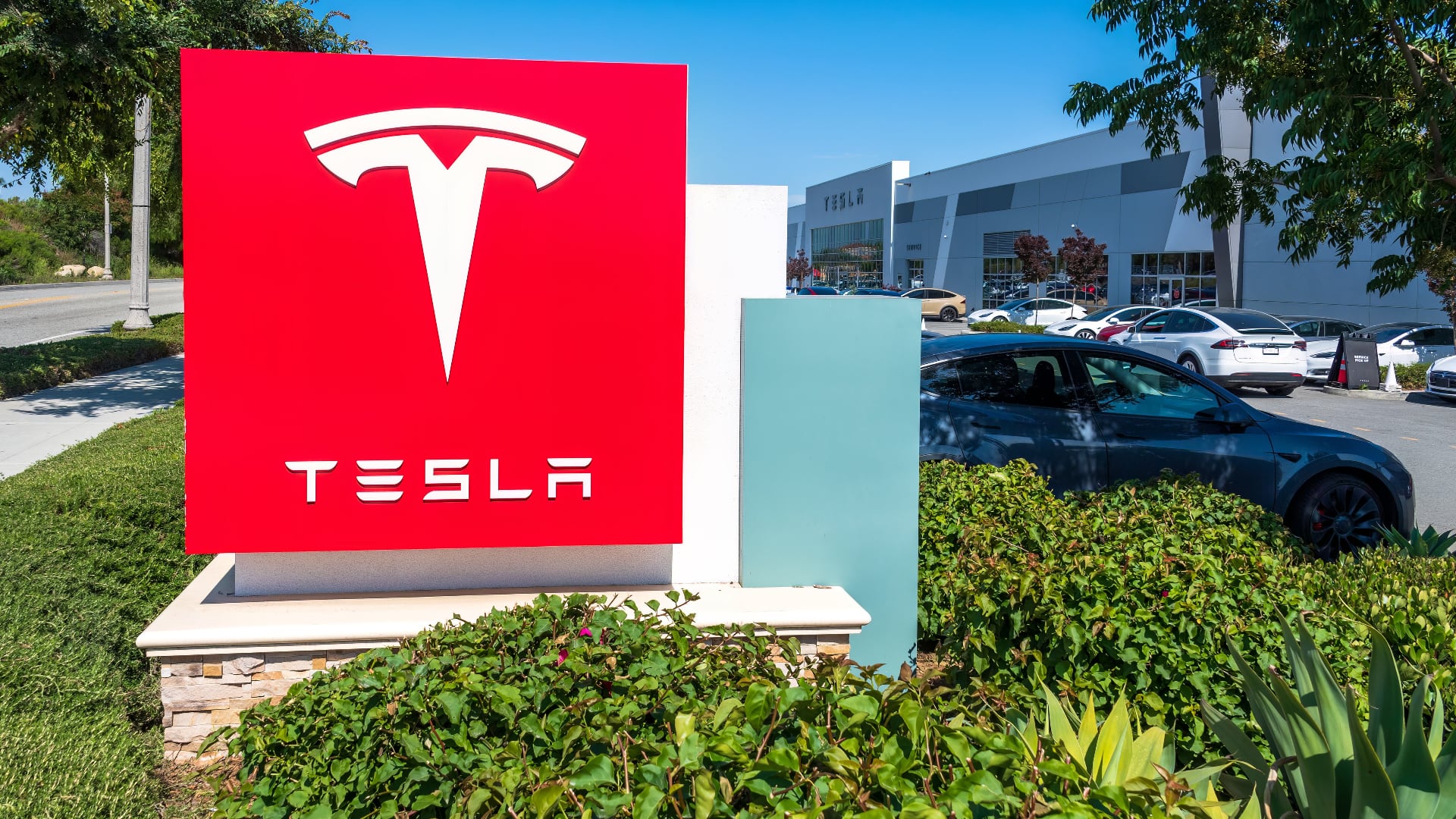Contract negotiations between UPS and the union representing 340,000 of the company's workers broke down early Wednesday with each side blaming the other for walking away from talks.
The Teamsters have imposed several deadlines for United Parcel Service negotiators to make their “last, best and final” offer to its unionized workers in recent days. Union officials said Wednesday that UPS “walked away from the bargaining table after presenting an unacceptable offer," specifically with regard to the economic package.
UPS told a different story. The package delivery company said it was the Teamsters who abandoned negotiations, “despite UPS’s historic offer that builds on our industry-leading pay.”
“We have not walked away, and the union has a responsibility to remain at the table,” the Atlanta company said in a prepared statement.
Whichever the case, talks are at a stalemate with the end of the contract — midnight on July 31 — rapidly approaching. Teamster-represented UPS workers voted for a strike authorization last month and union chief Sean O’Brien said last week that a strike was imminent.
The Teamsters say any tentative agreement would need to be endorsed by its national committee before being disseminated and voted on by membership. The union has said it will not negotiate past the expiration of the current contract.
Shares of United Parcel Service Inc. fell more than 2%. Shares in rival FedEx rose slightly.
The Teamsters represent more than half of the company’s workforce in the largest private-sector contract in North America. If a strike occurs, it would be the first since a 15-day walkout by 185,000 workers crippled the company a quarter century ago.
UPS has grown vastly since then and become even more integral piece of the U.S. economy, with consumers relying on swift delivery of most essential home items. Small businesses who rely on UPS could also be left looking for alternative shipping options if the company's remaining workforce wasn't able to meet demand during a strike.
The company says it delivers the equivalent of about 6% of nation’s gross domestic product. That means a strike would carry with it potentially far-reaching implications for the economy, particularly the supply chain, which has just begun to recover from pandemic-related entanglements.
Negotiations had appeared to be progressing in recent weeks, with tentative agreements on a number of issues since national contract talks began in April. The sides agreed to scrap the two-tier wage system for drivers who work weekends and earn less money, which was a major sticking point.
The union also said it also reached a tentative agreement to establish Martin Luther King Jr. Day as a full holiday for the first time and end unwanted overtime on drivers’ days off.
Last month, the union and the company reached another tentative agreement to equip more trucks with air conditioning equipment. Under that agreement, UPS said it would add air conditioning to U.S. small delivery vehicles purchased after January 1, 2024. Existing vehicles wouldn’t get that upgrade, but the union said they will have other additions like two fans and air vents.
Annual profits at UPS in the past two years are close to three times what they were pre-pandemic. The company returned about $8.6 billion to shareholders in the form of dividends and stock buybacks in 2022, and forecasts another $8.4 billion for shareholders this year.












